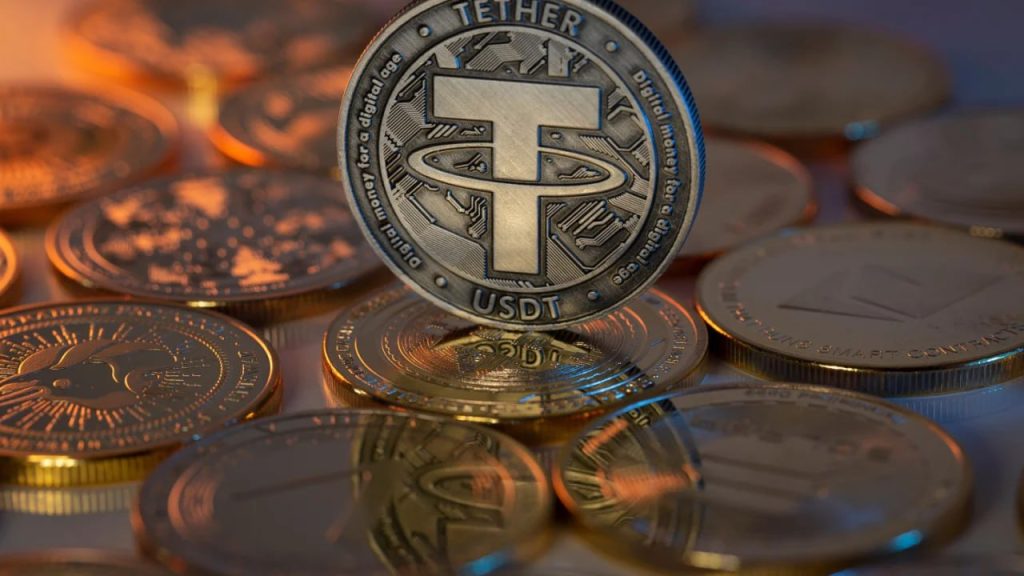Tether’s Response to UN Report: Highlighting USDT’s Impact in Developing Economies

Tether, the company behind the popular stablecoin USDT, has recently expressed criticism towards a United Nations report. The company argues that the report overlooks the significant role USDT plays in aiding developing economies. This article aims to shed light on Tether’s standpoint and the broader context of USDT’s influence in these markets.
Understanding the UN Report’s Perspective
H2: The Scope of the UN Report
The United Nations report in question likely addresses various aspects of digital currencies, their global impact, and regulatory challenges.
H2: Criticisms Faced by Cryptocurrencies
Cryptocurrencies often face scrutiny regarding their volatility, use in illicit activities, and regulatory concerns, which might be echoed in the report.
Tether’s Standpoint
H3: Tether’s Critique of the Report
Tether criticizes the UN report for not acknowledging the positive impact of USDT in developing economies, where traditional banking services might be limited.
H3: USDT in Developing Economies
USDT, being a stablecoin pegged to the US dollar, offers a more stable alternative to volatile local currencies, aiding in transactions and savings.
The Economic Impact
H4: Facilitating Remittances
USDT plays a crucial role in facilitating remittances in countries with high emigration rates, offering a cheaper and faster alternative to traditional methods.
H4: Enhancing Financial Inclusion
Tether argues that USDT contributes to financial inclusion by providing access to digital financial services in regions where banking infrastructure is underdeveloped.
Balancing Perspectives
H4: Addressing Regulatory Concerns
While acknowledging USDT’s benefits, it’s also important to address regulatory and security concerns associated with digital currencies.
H4: The Need for Comprehensive Analysis
A balanced view that considers both the advantages and potential risks of cryptocurrencies like USDT is essential for informed policy-making.
Conclusion
Tether’s response to the UN report highlights a significant aspect of the cryptocurrency debate – the potential of digital currencies like USDT to positively impact developing economies. While the benefits of financial inclusion and remittance facilitation are notable, a balanced approach that addresses the complexities and risks associated with these digital assets is crucial for their sustainable integration into global economies.
FAQs
Q1: What is USDT and why is it important for developing economies? USDT is a stablecoin pegged to the US dollar, providing a stable digital currency alternative. It’s particularly important in developing economies for facilitating remittances and offering financial services where traditional banking is limited.
Q2: What criticism does Tether have regarding the UN report? Tether criticizes the UN report for overlooking the positive impact of USDT in aiding financial activities in developing economies.
Q3: How does USDT facilitate remittances? USDT allows for faster and cheaper remittance transactions compared to traditional banking methods.
Q4: What are the regulatory concerns associated with USDT? Regulatory concerns include issues of security, potential use in illicit activities, and the need for regulatory oversight.
Q5: Is it important to balance the advantages and risks of USDT? Yes, a balanced approach is essential to understand both the potential benefits and risks of USDT, especially for policy-making and regulatory frameworks.





